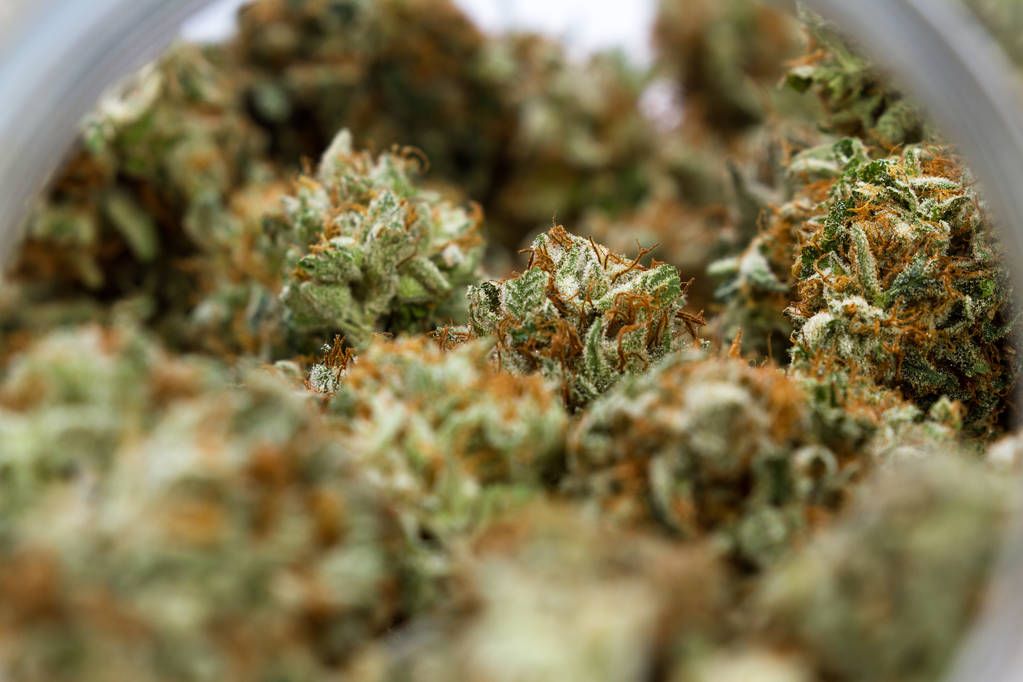Marijuana prohibition in the United States began nearly a century ago with the passage of the Marihuana Tax Act in 1937. Its end appears near.

The 1937 law marked the beginning of a widespread crackdown on cannabis, making it increasingly difficult to cultivate, sell, or use the plant legally. The government’s stance on marijuana hardened with the 1970 Controlled Substances Act, which classified it as a Schedule I drug, making it one of the most restricted substances, prohibiting its use for any purpose, including medical research.
Today, however, momentum for reform has reached new heights. For the first time in U.S. history, both major presidential candidates—Democrat Kamala Harris and Republican Donald Trump—are on record supporting the legalization of marijuana. This represents a seismic shift in national politics, given that marijuana policy has long been a deeply divisive issue, at least among politicians (the majority of US adults have supported the move for at least a decade).
Harris has championed marijuana reform for the past five years, co-sponsoring pivotal legislation like the Marijuana Opportunity Reinvestment and Expungement (MORE) Act in the U.S. Senate, which would remove marijuana from the CSA entirely and expunge past marijuana offenses. Harris has been a supporter of legalization since 2019. She made it part of her 2020 campaign platform when running for president.
On the other side, Trump recently indicated his support for Florida’s Amendment 3, which would legalize marijuana at the state level, and has expressed openness toward federal rescheduling and marijuana banking legislation. Trump’s recent remarks mark a significant shift from his first administration: He took a relatively hands-off approach to state marijuana laws, but he did not support reform, and his first attorney general rescinded the Cole Memo.
On Capitol Hill, marijuana reform is gaining significant momentum. The MORE Act in the House of Representatives and the Cannabis Administration and Opportunity Act (CAOA) in the Senate collectively have over 100 cosponsors (the CAOA would deschedule marijuana nationwide while establishing a regulatory system for legal sales). If either Harris or Trump wins the upcoming election, a renewed push for federal marijuana reform is likely. Given her track record, Harris, in particular, is expected to champion descheduling and broader cannabis legalization efforts.
Although the MORE Act and CAOA is currently supported by just Democrats, several Republicans like U.S. Senator Bill Cassidy (R-LA) and Senator Thom Tillis (R-NC) have recently indicated support for federally legalizing marijuana. On the state level, three more states could legalize marijuana this November, bringing the total to 27.
With bipartisan support, an ever-growing list of congressional cosponsors, and public opinion overwhelmingly in favor of reform, the end of federal marijuana prohibition could be just around the corner. After nearly 100 years, federal marijuana legalization is finally nearing its legal return.
That said, the process could still take at least a few more years, as politics often moves slowly, so proponents of reform should remain patient.






